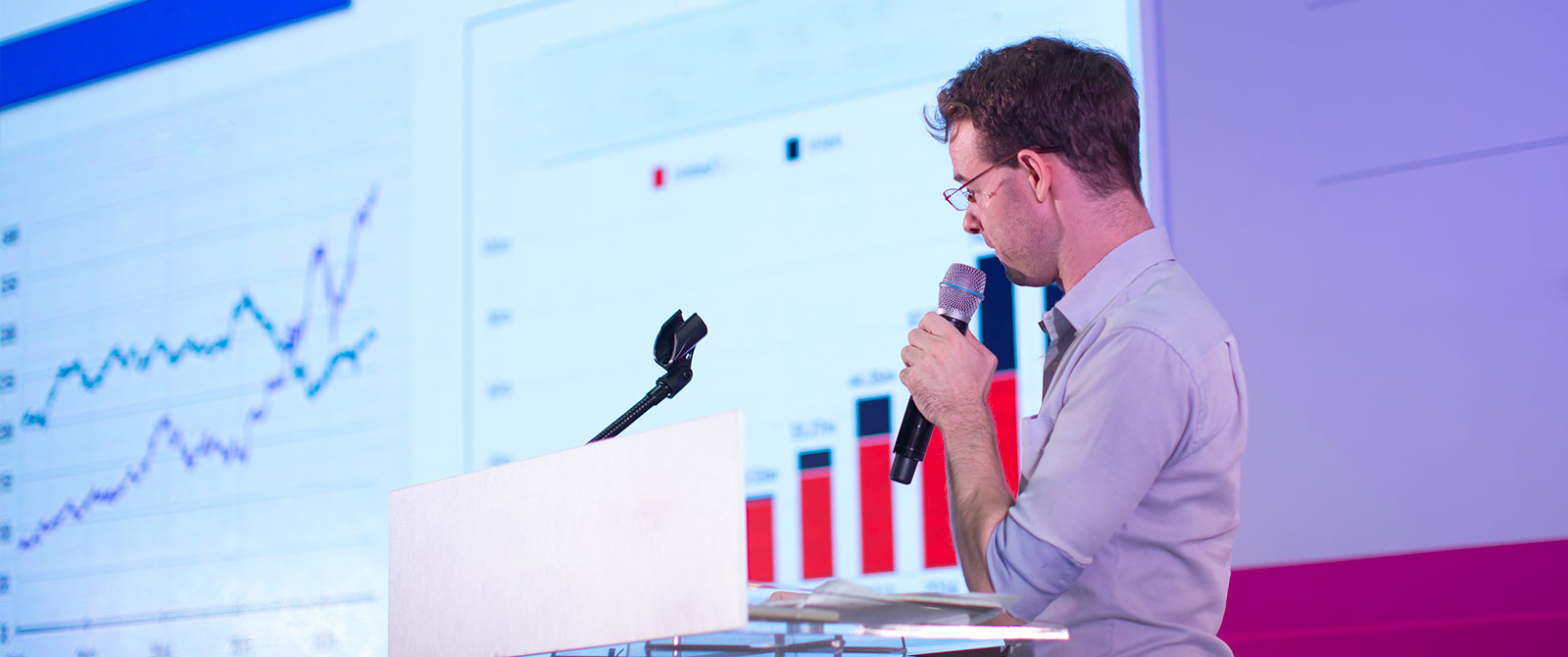Graduate Campus Unifr
Le Graduate Campus est une plateforme centrale et interfacultaire de l’Université de Fribourg. Vous y trouverez toutes les informations relatives au doctorat.
En plus d’être la seule université bilingue de Suisse, Fribourg peut s’honorer d’un corps professoral renommé, disposant d’un vaste réseau et de collaborations fructueuses en matière de recherche avec les autres universités suisses et les hautes écoles spécialisées de Suisse occidentale. Un encadrement personnalisé des doctorant·e·s est également un atout dans le suivi des études doctorales entreprises.

